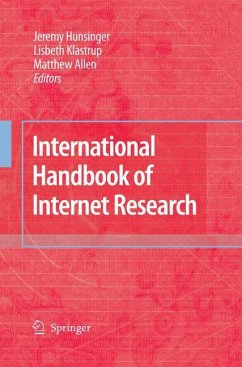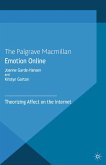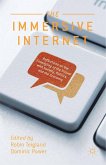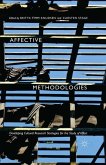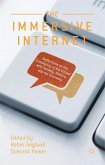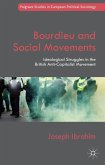Internet research spans many disciplines. From the computer or information s- ences, through engineering, and to social sciences, humanities and the arts, almost all of our disciplines have made contributions to internet research, whether in the effort to understand the effect of the internet on their area of study, or to investigate the social and political changes related to the internet, or to design and develop so- ware and hardware for the network. The possibility and extent of contributions of internet research vary across disciplines, as do the purposes, methods, and outcomes. Even the epistemological underpinnings differ widely. The internet, then, does not have a discipline of study for itself: It is a ?eld for research (Baym, 2005), an open environment that simultaneously supports many approaches and techniques not otherwise commensurable with each other. There are, of course, some inhibitions that limit explorations in this ?eld: research ethics, disciplinary conventions, local and national norms, customs, laws, borders, and so on. Yet these limits on the int- net as a ?eld for research have not prevented the rapid expansion and exploration of the internet. After nearly two decades of research and scholarship, the limits are a positive contribution, providing bases for discussion and interrogation of the contexts of our research, making internet research better for all. These 'limits,' challenges that constrain the theoretically limitless space for internet research, create boundaries that give de?nition to the ?eld and provide us with a particular topography that enables research and investigation.
From the reviews:
"A valuable book consisting of 31 essays, research reports, and professional papers on Internet issues, research, controversies, and more. The book could be useful as a personal reference, or as a source for ideas for one's own research agenda. It could be useful in an advanced undergraduate or graduate course ... . Businesses might find it useful as a source of ideas for new business Internet ventures. ... Due to the various topics discussed, the book is best used as a research tool." (J. Fendrich, ACM Computing Reviews, August, 2011)
"A valuable book consisting of 31 essays, research reports, and professional papers on Internet issues, research, controversies, and more. The book could be useful as a personal reference, or as a source for ideas for one's own research agenda. It could be useful in an advanced undergraduate or graduate course ... . Businesses might find it useful as a source of ideas for new business Internet ventures. ... Due to the various topics discussed, the book is best used as a research tool." (J. Fendrich, ACM Computing Reviews, August, 2011)

